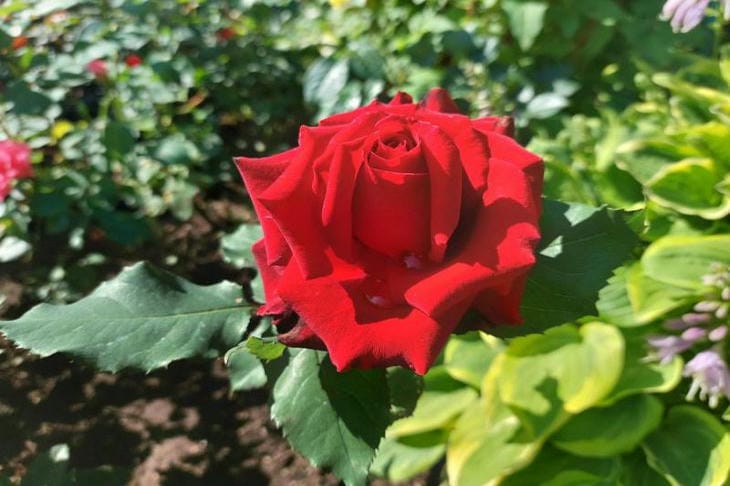How to Protect Roses from Winter Frosts: Practical Tips
Experienced florists recommend approaching this task with the utmost care and responsibility.
Otherwise, the bushes may simply not survive the upcoming frosts and temperature changes.
Preparing roses for winter consists of four main stages.
Reduce watering
During the summer, roses require quite a lot of moisture. But in August, this need disappears.
Watering should be reduced by at least half and should be done no more than once every two weeks.

It is very important to control the temperature of the water intended for irrigation. In no case should you use cold water. Only warm water!
It is better to water the plants before lunch so that the soil has time to dry out a little by evening.
Fertilization
To prepare roses for winter and increase their resistance to changes in day and night temperatures, it is necessary to use potassium and phosphorus fertilizers.
Moreover, they should be entered at certain intervals:
The first time was between the 10th and 15th of August.
The second time is at the end of the month.
The third time was on the 10th – 15th of September.
Wood ash will also have a positive effect on plant immunity.
Carrying out sanitary pruning
Closer to autumn, the bushes need to be thoroughly thinned and cleaned: remove all dead shoots, trim off young growth.
New, still weak shoots will not have time to ripen anyway, so you shouldn’t feel sorry for them and leave them when pruning.
Preservation of fruits
This stage will greatly surprise many beginning gardeners. After all, roses are flowers, not a fruit crop.
However, some varieties of roses do form fruits. They look like rose hips. And their properties are quite close.
So, it is highly not recommended to pick the "pink berries" ahead of time. They are necessary for the plants for the full ripening of shoots, which determines good endurance and winter hardiness of the bushes.
